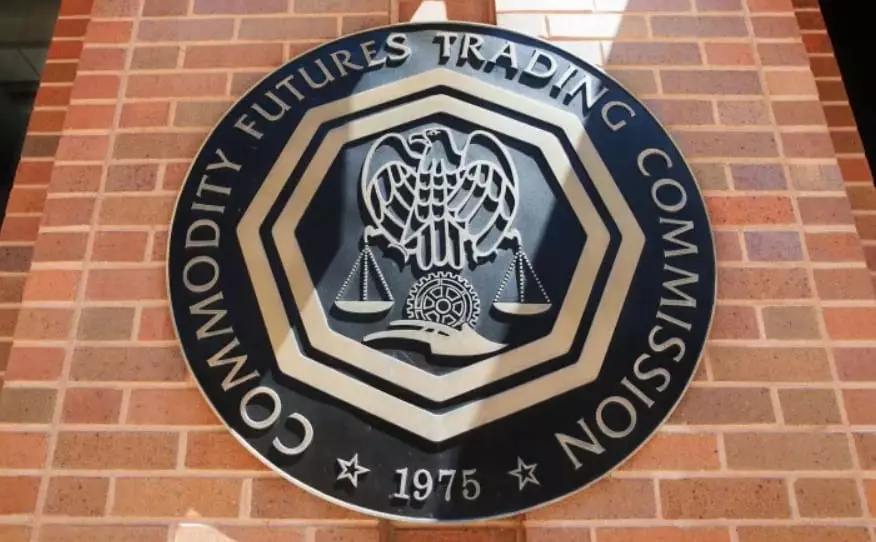In a notable turn of events, both Crypto.com and Kalshi find themselves at the center of a regulatory examination by the Commodity Futures Trading Commission (CFTC). The agency’s inquiry seeks clarification on how the recent event contracts related to the Super Bowl comply with existing derivatives regulations. This scrutiny is crucial as it highlights the challenges facing innovative financial products, particularly those that blur the lines between traditional derivatives and emerging event-based contracts.
The CFTC’s authority to request comprehensive documentation from companies that opt for self-certification underscores its commitment to safeguarding market integrity. It aims to prevent manipulation and ensure compliance with regulatory mandates, thus making it clear that the protection of investors and the maintenance of fair market practices are paramount. This regulatory landscape becomes increasingly significant as the popularity of event contracts surges in sectors like sports and entertainment.
As the CFTC gears up for potential enforcement actions or the introduction of new regulatory frameworks, responses from the firms under investigation reveal contrasting strategies. Crypto.com has expressed unwavering confidence in the legality of their event contracts. They perceive the CFTC as a vital institution tasked with ensuring market integrity, allowing them to continue offering these contracts while cooperating with the review. This proactive stance showcases the exchange’s commitment to compliance amidst scrutiny.
Conversely, Kalshi, which operates in tandem with regulated exchanges, faces a distinct set of challenges, particularly as the CFTC’s inquiry coincides with increased interest in event contracts—such as those launched by Robinhood Derivatives for the upcoming Pro Football Championship. By facilitating trades that link outcomes to specific events, these contracts introduce unique regulatory concerns that necessitate closer oversight.
The scrutiny of event contracts comes at a time when the CFTC broadens its focus on innovative financial products. Prediction markets, which allow traders to place bets on various outcomes, have been gaining traction, particularly with the utilization of blockchain technology. Prominent examples, like Polymarket, have attracted billions in bets, especially around significant national events such as elections.
However, the rise of these platforms also raises regulatory flags. The CFTC and even federal entities like the FBI have demonstrated a heightened interest in monitoring these markets closely, revealing concerns about their potential to circumvent traditional regulatory oversight. The recent raid on the CEO of Polymarket signals a more aggressive stance towards ensuring these platforms operate within legal parameters.
In light of the evolving regulatory scrutiny, the future of event contracts remains uncertain. While companies like Crypto.com and Kalshi are navigating the complexities of compliance, the CFTC’s decisions could have far-reaching implications for how such financial products are structured and offered to the public. As the regulatory landscape continues to evolve, maintaining transparency and adhering to regulatory guidance will be crucial for firms wishing to thrive in this innovative space. The intersection of emerging technologies with traditional finance will undoubtedly shape the discourse on regulation and market practices in the years to come.
















Leave a Reply